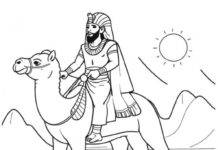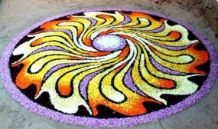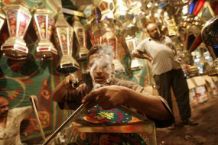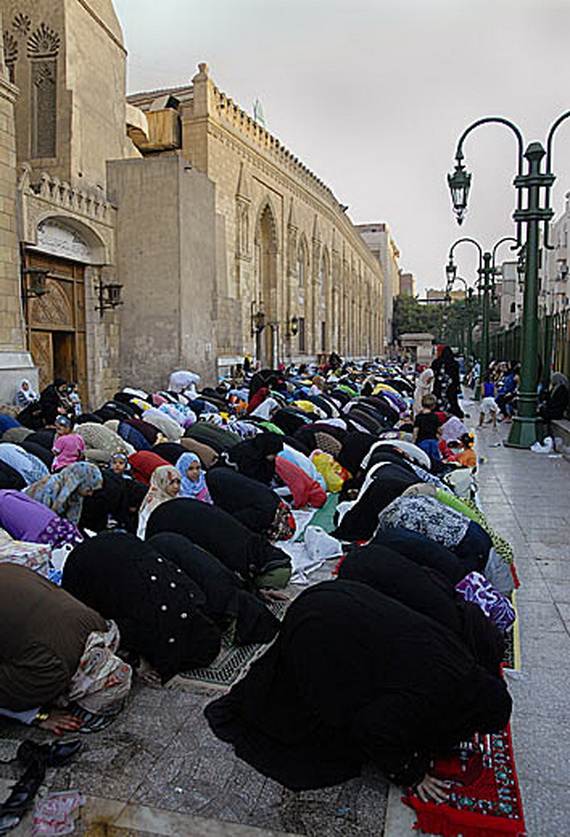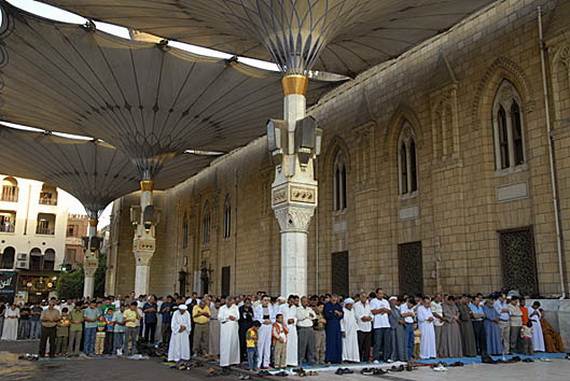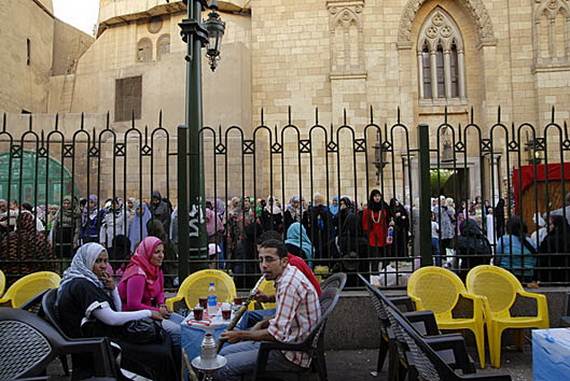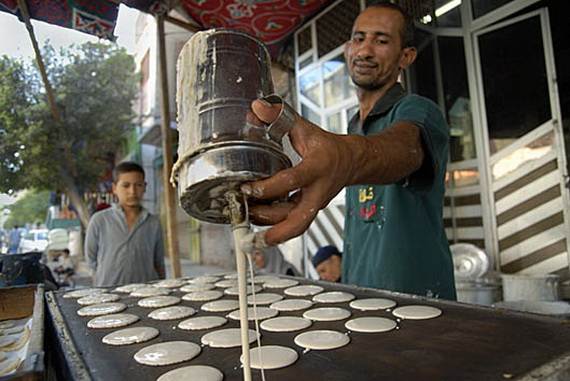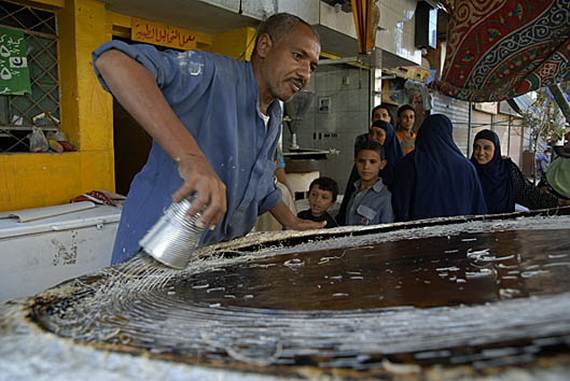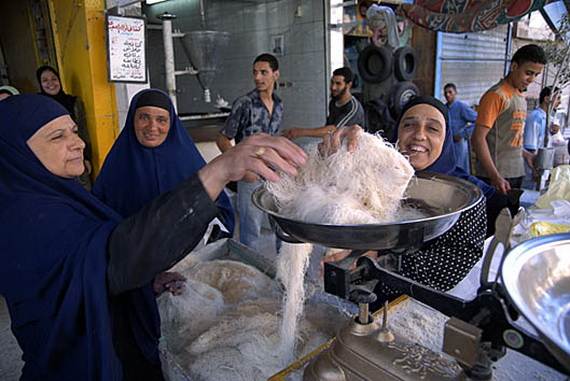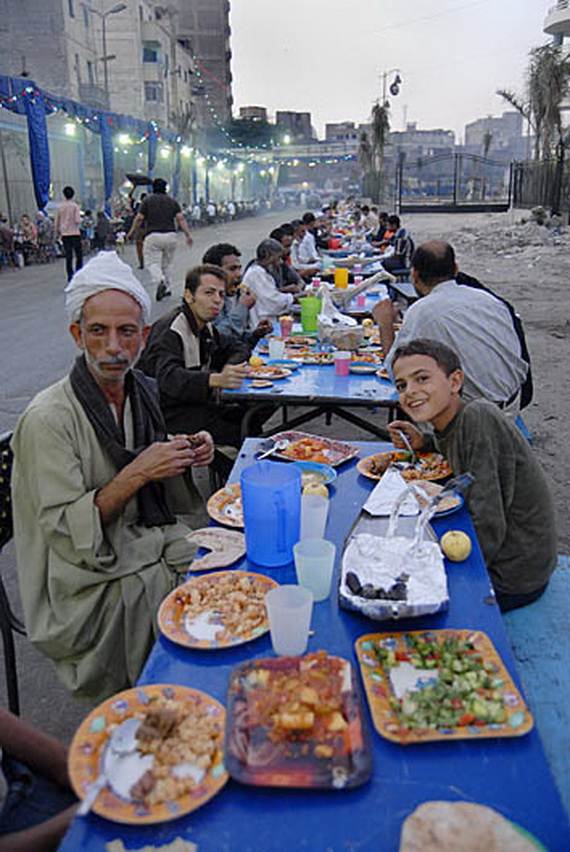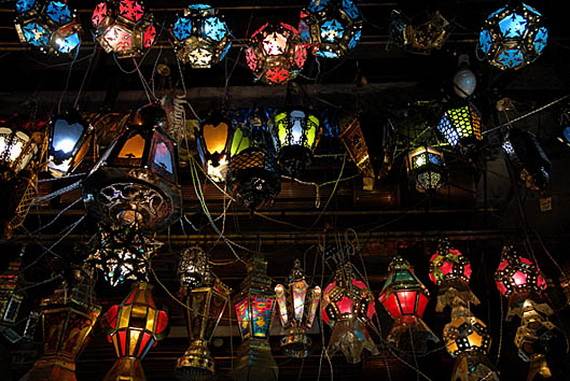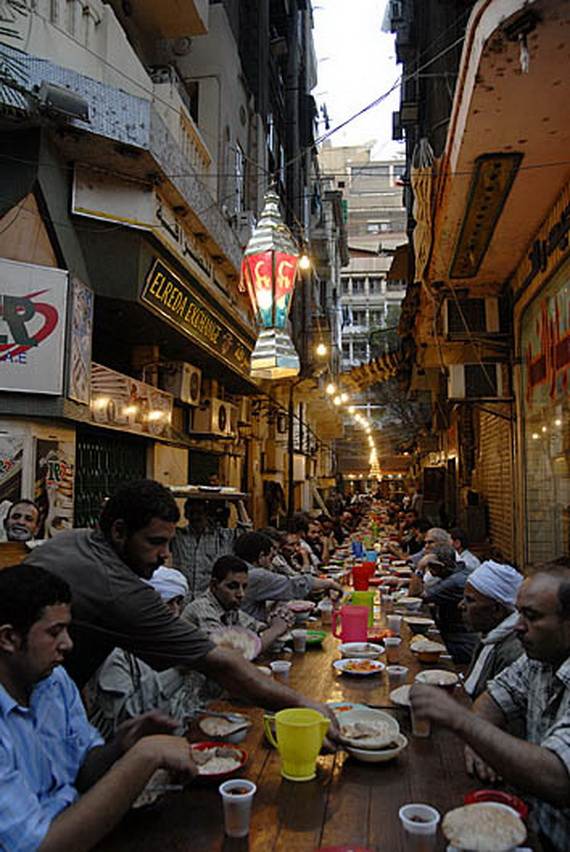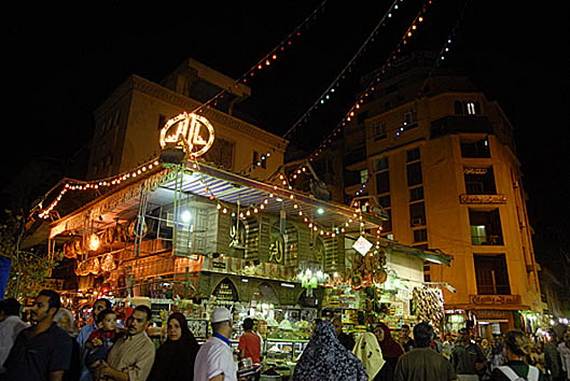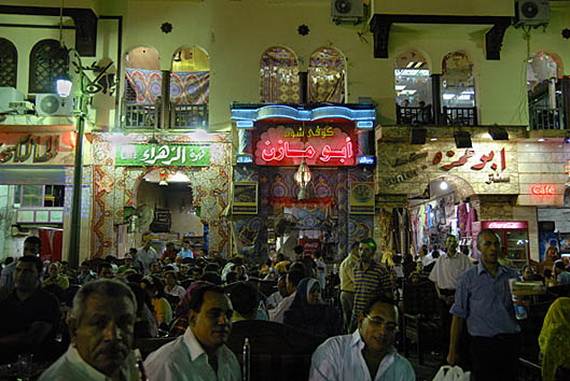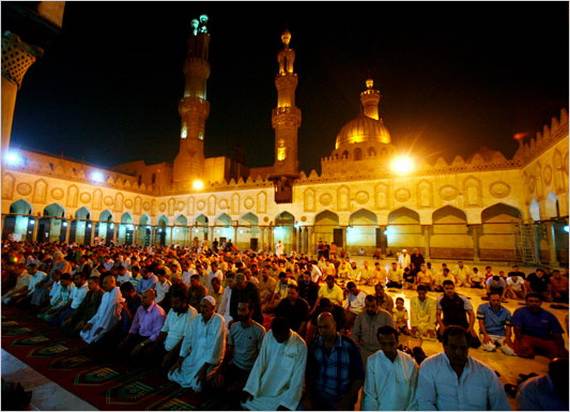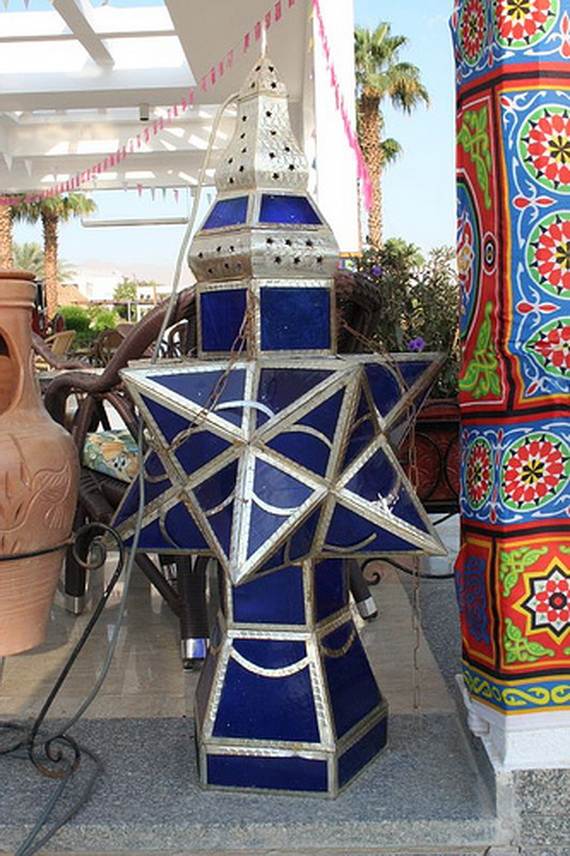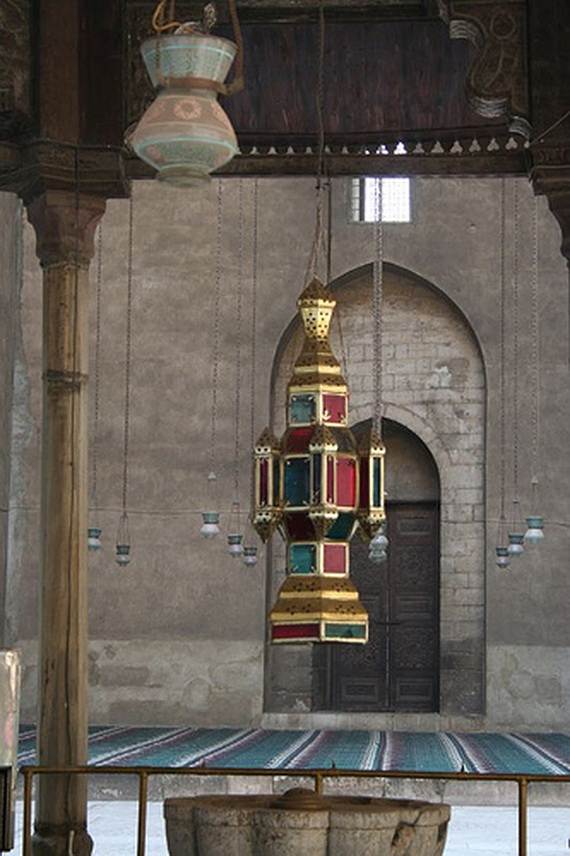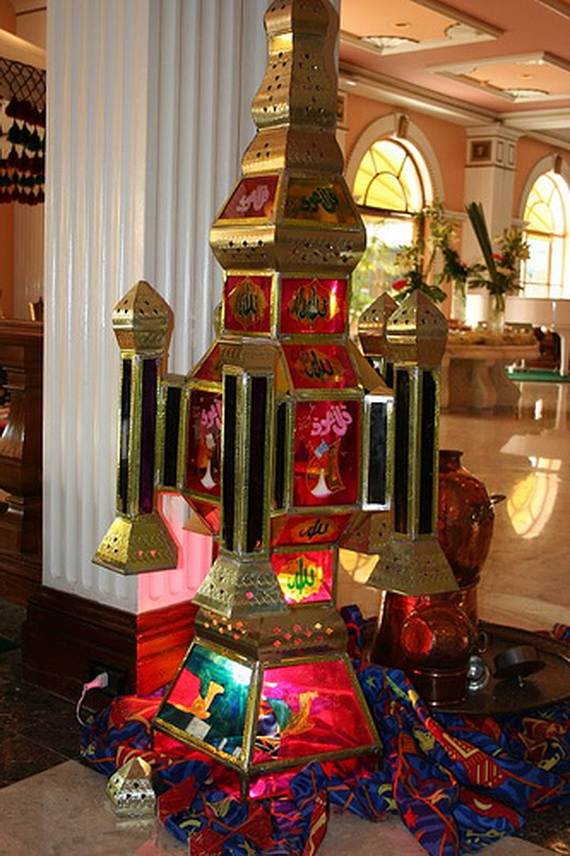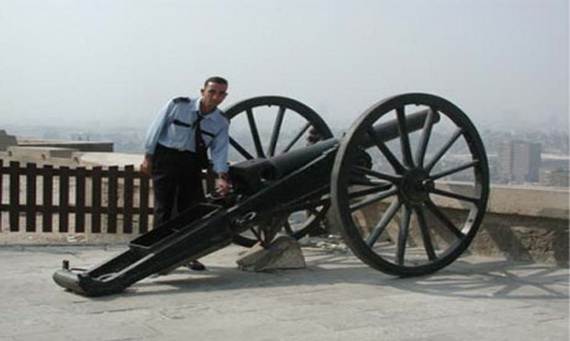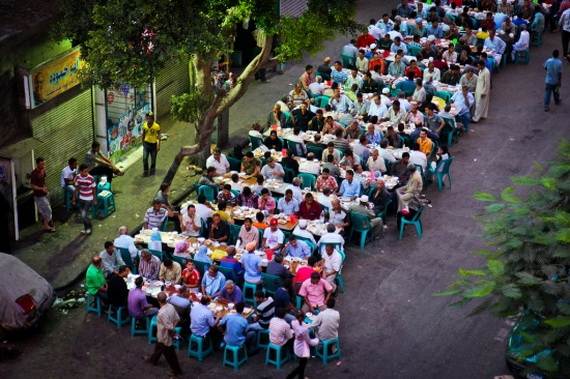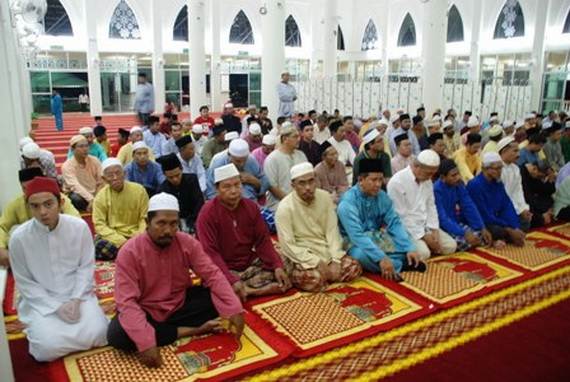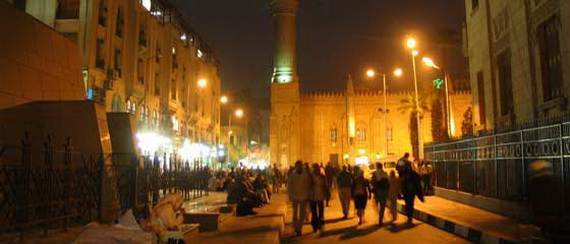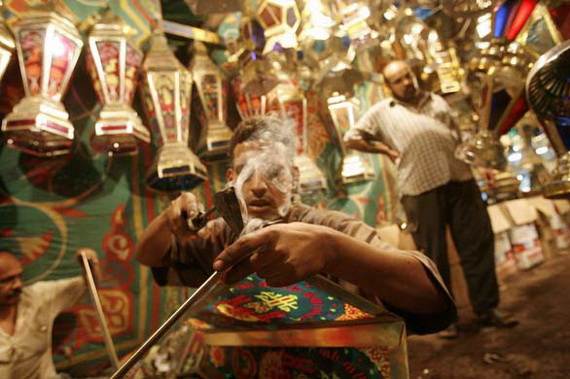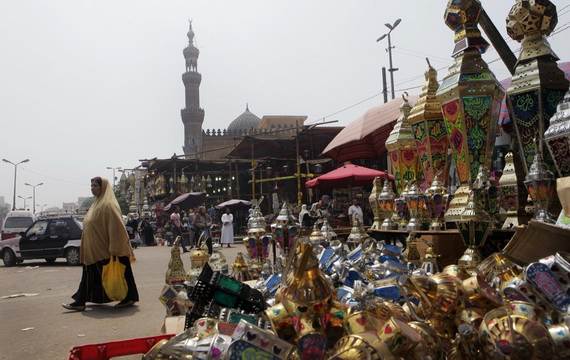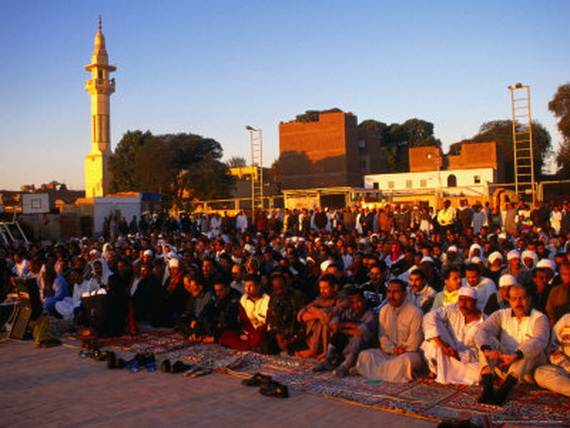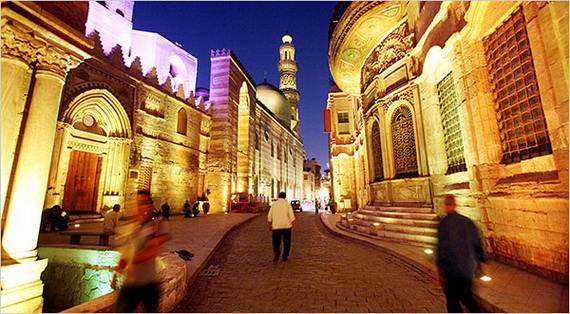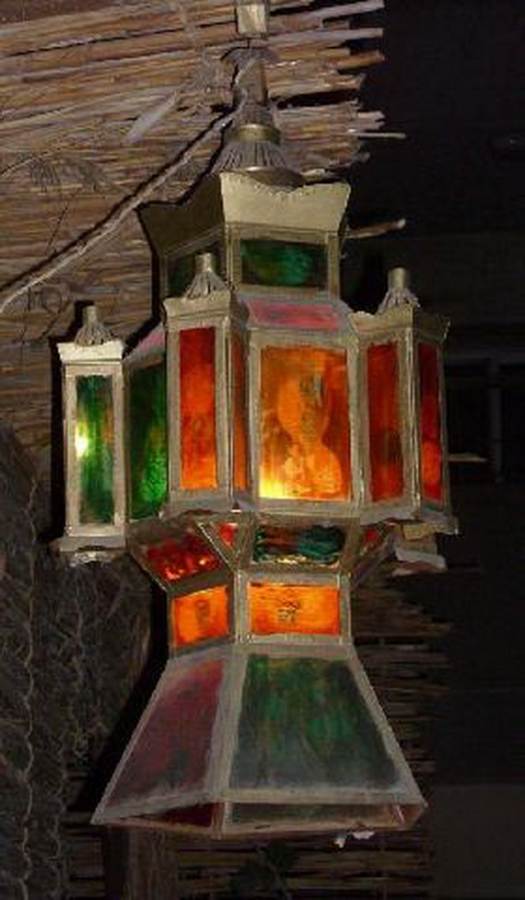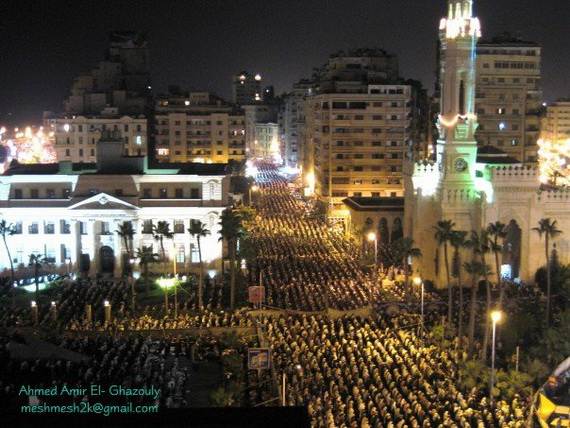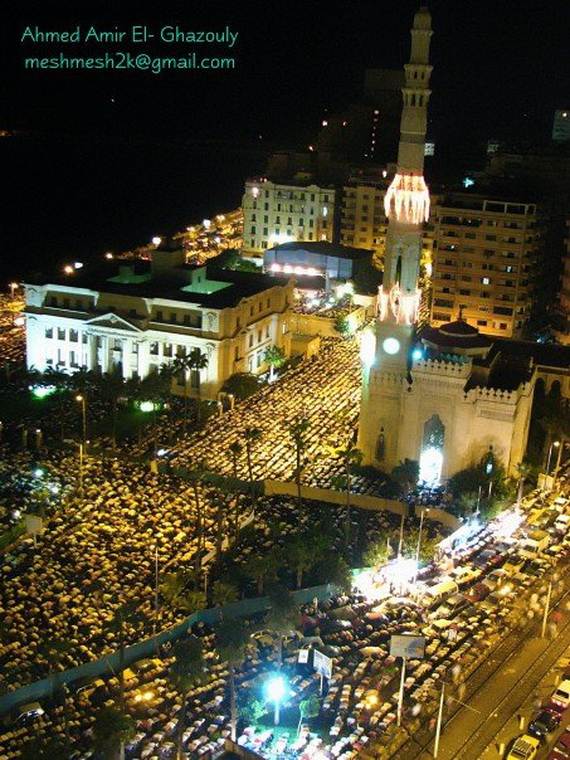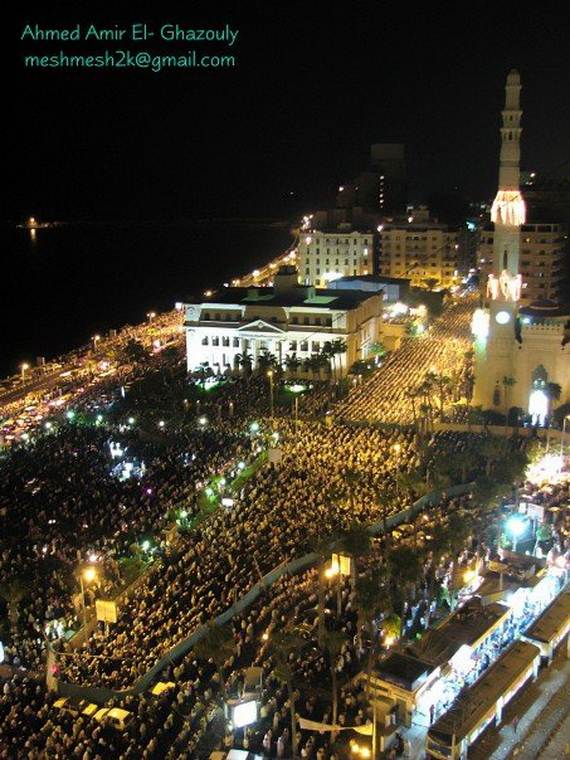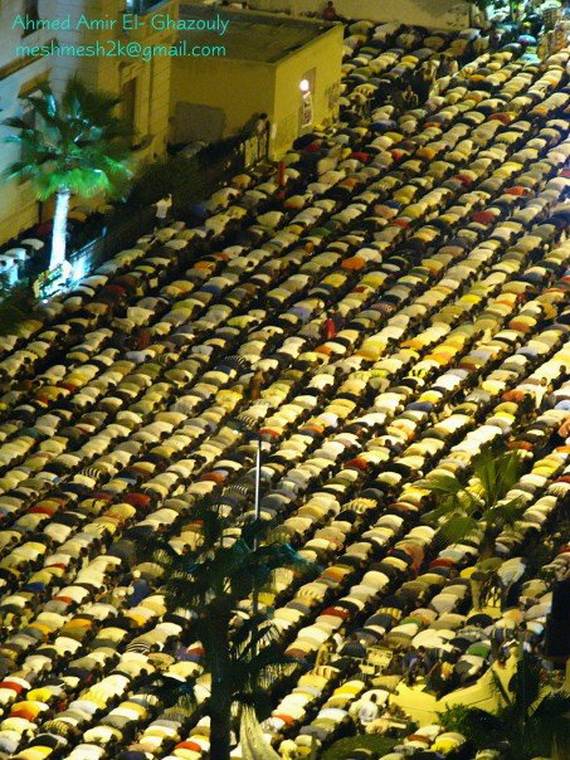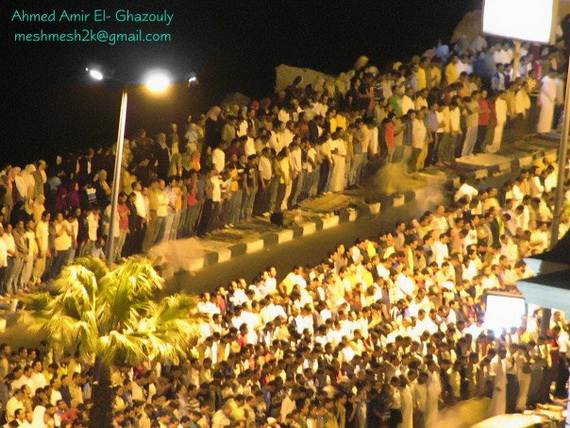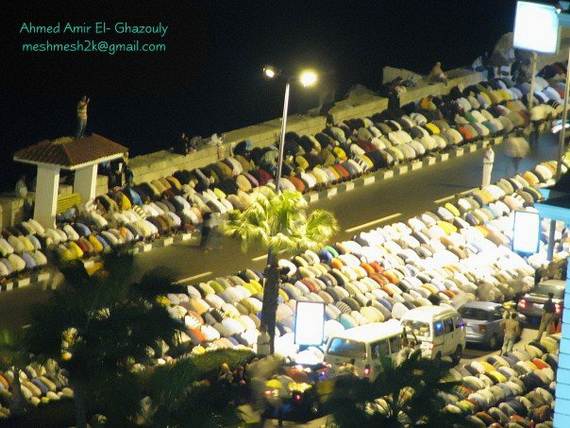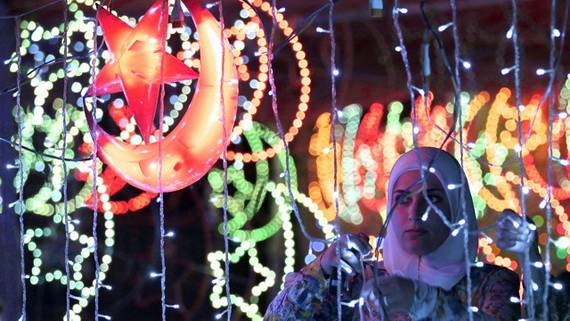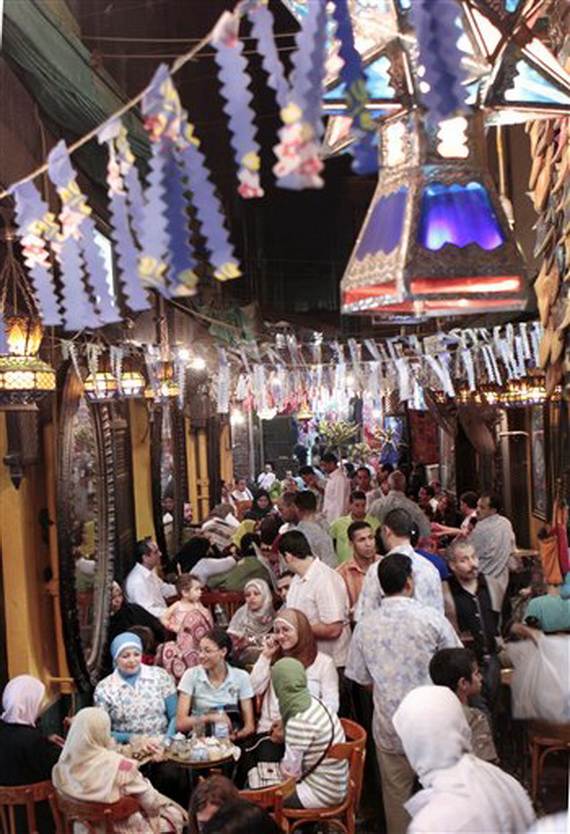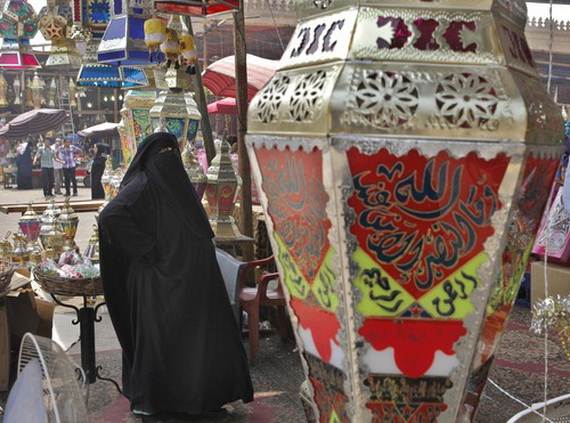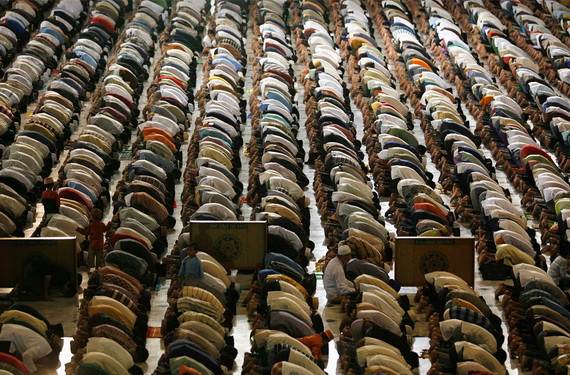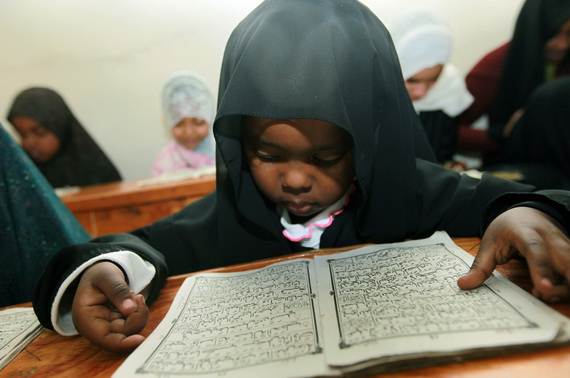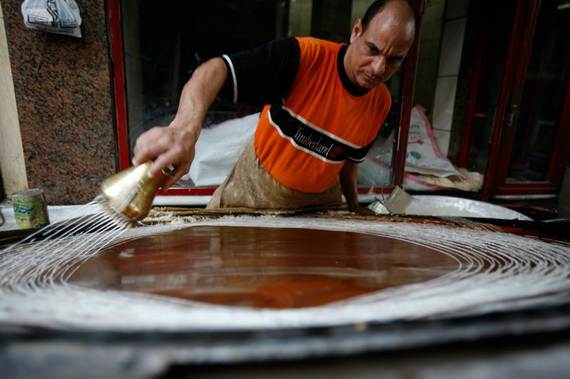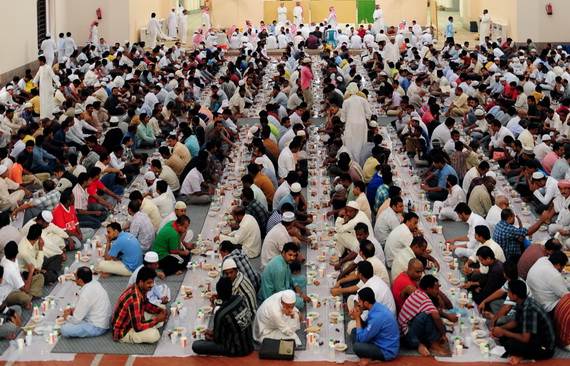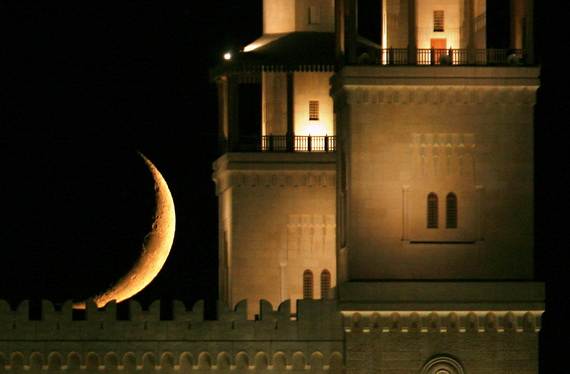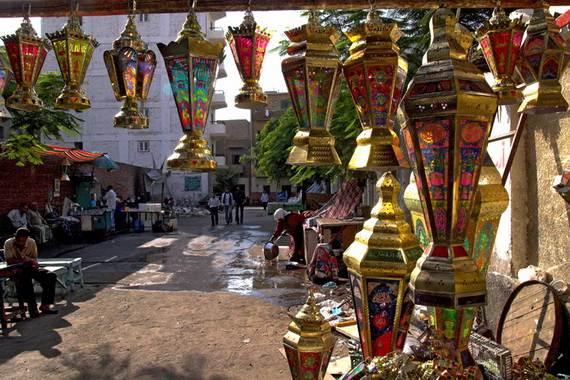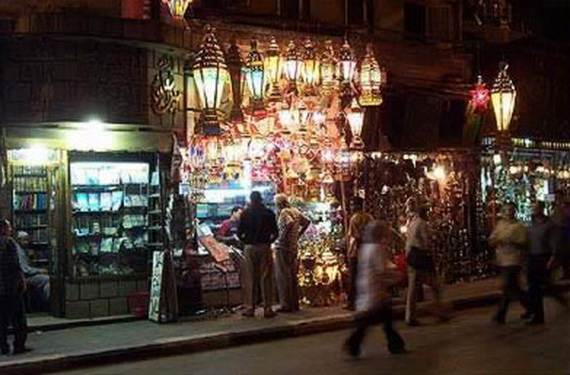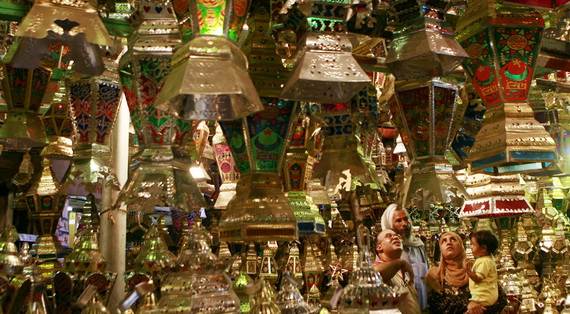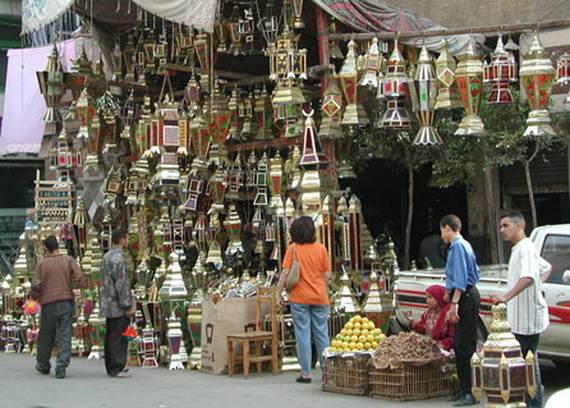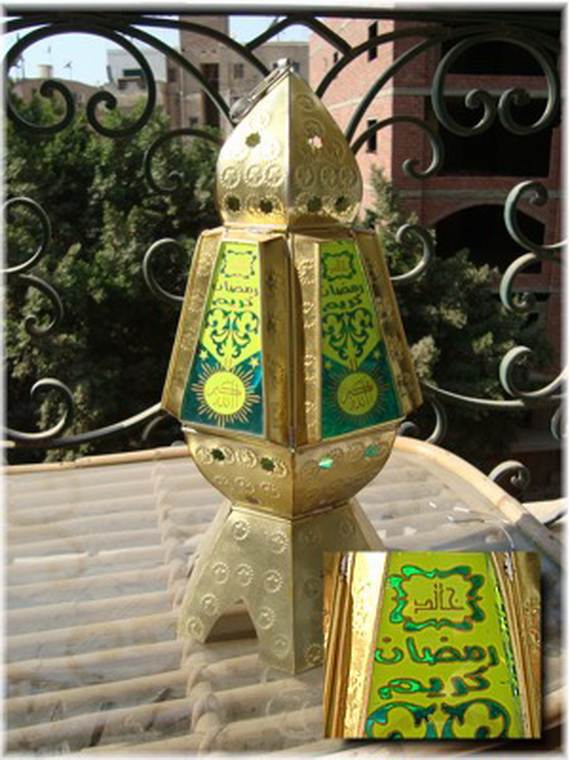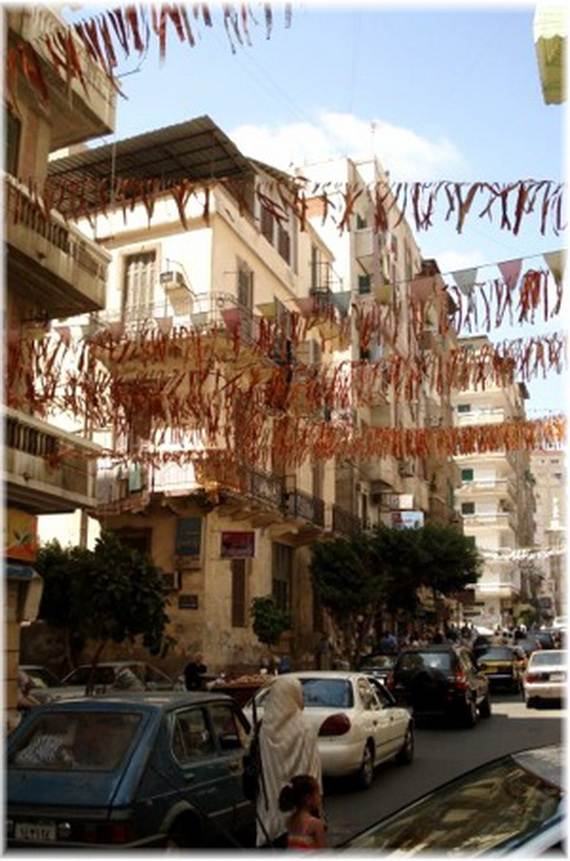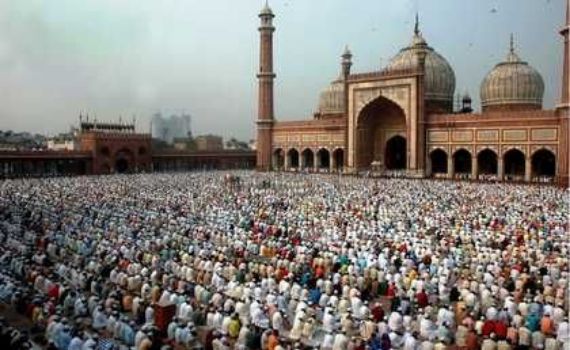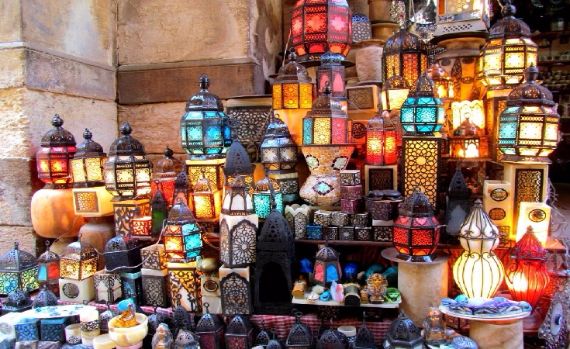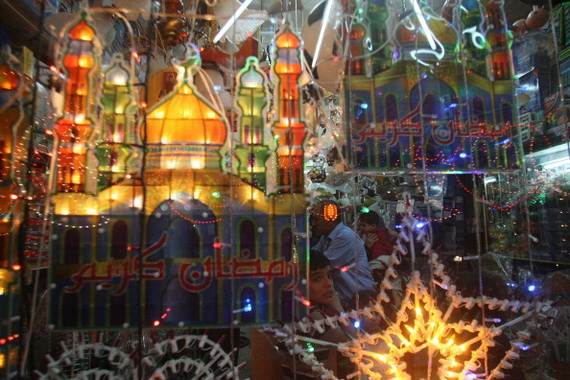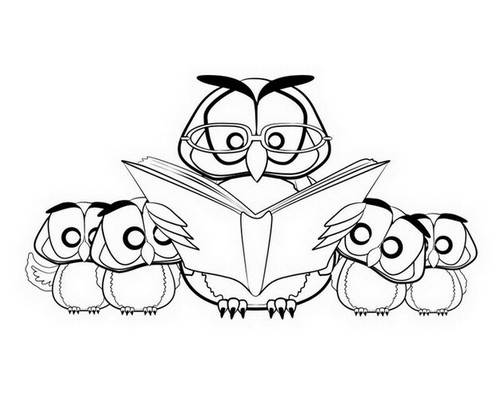Ramadan is the most blessed month and the highlight of the Islamic calendar, a month long festival characterised by great solemnity with Muslim adults, great restraint and great indulgence. Ramadan is a time for forgiveness, a time for compassion and a time for contemplation. Ramadan in Egypt means many different things, if you’re lucky enough to travel in Egypt during Ramadan, then it will be an experience if you want to get closer to. Thus you’re likely to see Egyptians at their most generous, you’ll be able to see the local culture and how the people live their lives. Things become completely different during the month of Ramadan than the usual lifestyle, changes that happen on this holy month starts with opening hours of sites and attractions that are shortened. Ramadan Karim’ – have a generous Ramadan is the customary greeting to be recited wherever, the spirit of the holiday season. Just before sunset between 2 and 5 pm Cairo streets become completely clogged as people are racing to prepare to eat catching breakfast at their homes and socialize for the evening. Most stores close during the Iftar -except restaurants serving food – and everyone is off the streets, so Cairo’s is in unusual displays where everywhere is almost completely silent.
Life comes back at 9 or 10 pm after everybody is done with the Iftar and prayers are over, people start invading the streets and sitting in cafés or listening to live music behind the mosque. Life will keep on going until the first hours of the morning. Strands of decorative lights twinkled every where, many beautiful glass and tin lanterns are gently displayed in business and residential areas. Rainbows of colorful scarves and beaded necklaces dotes the darkness with rays of red, yellow, green and blue. Just like Christmas trees at Christmas time, during the Holy Month of Ramadan, out come the Ramadan lanterns. Far from being subdued, Cairo was positively glowing. One tradition that exists only in Egypt is the “Fanous Ramadan” (Ramadan Lantern). From sunset till the early morning hours the lanterns are lit to indicate the end of fasting for the day. On the start of fasting lanterns are turned off. Traditionally this is done all over the 30 holy days of the month. Muslims around the world, begin another day of fasting.






